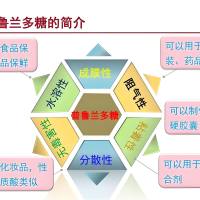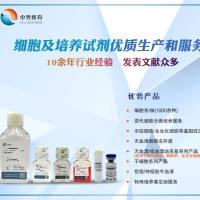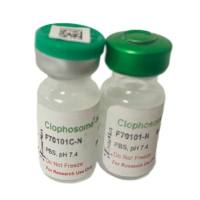Complexation of siRNA and pDNA with Cationic Liposomes: The Important Aspects in Lipoplex Preparation
互联网
406
In the last two decades, cationic liposomes have been investigated as vehicles for nucleic acids [plasmid DNA (pDNA) and small interfering RNA (siRNA)] delivery in vitro and in vivo. The formation of cationic liposomes–nucleic acids complexes, termed lipoplexes, depends on a number of experimental variables. The quality of the nucleic acid and the cationic liposome as well as the selection of diluents for diluting the concentrated stocks strongly affect the resulting lipoplexes and their efficiency of gene-expression or gene-silencing effect following transfection. In addition, the molar ratio of cationic lipid nitrogen (N) to siRNA or pDNA phosphate (P) (N/P ratio) influences the final characteristics of the lipoplexes, such as size, surface zeta potential, and reproducibility, thereby reflecting their efficiency following transfection. The methods presented in this chapter could be helpful to obtain reliable and reproducible lipoplexes and experimental results.









